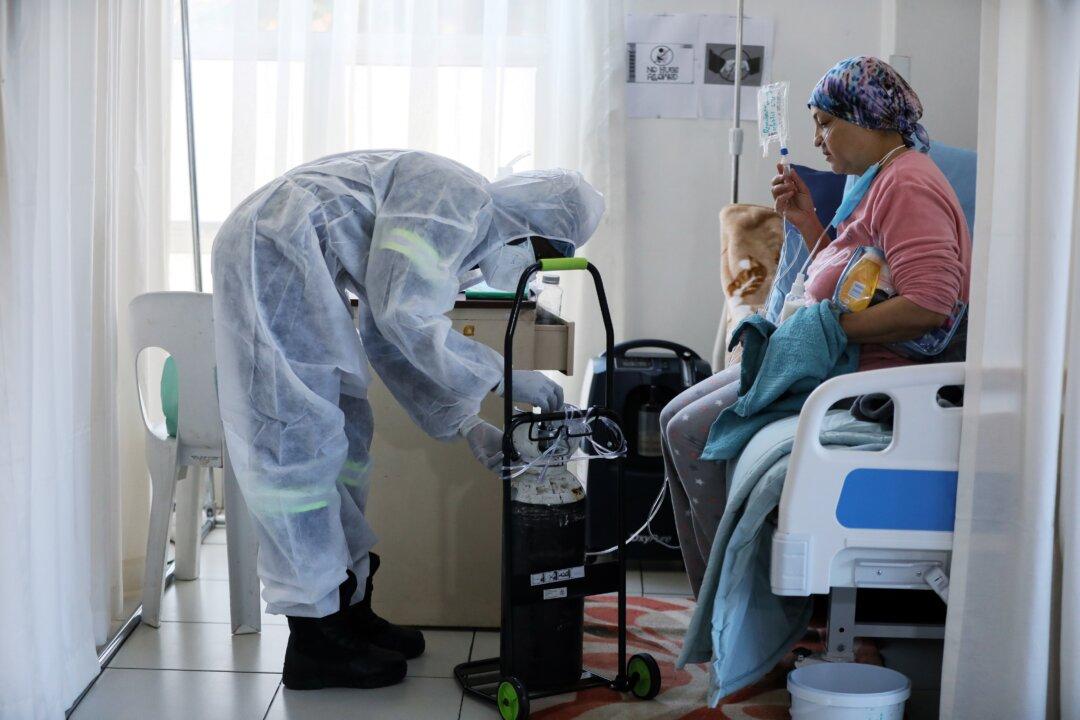The scientists who proposed that the COVID-19 Omicron variant had emerged in a broad range across Africa months before it was first detected in the south of the continent have retracted their paper, admitting that their samples were contaminated.
First identified in Botswana and South Africa in November 2021, the Omicron strain has since quickly spread across the world and become the most dominant variant of the virus. It’s unclear where Omicron actually first emerged. It could be that the two countries first spotted it because they have better genetic sequencing networks than their neighbors.





